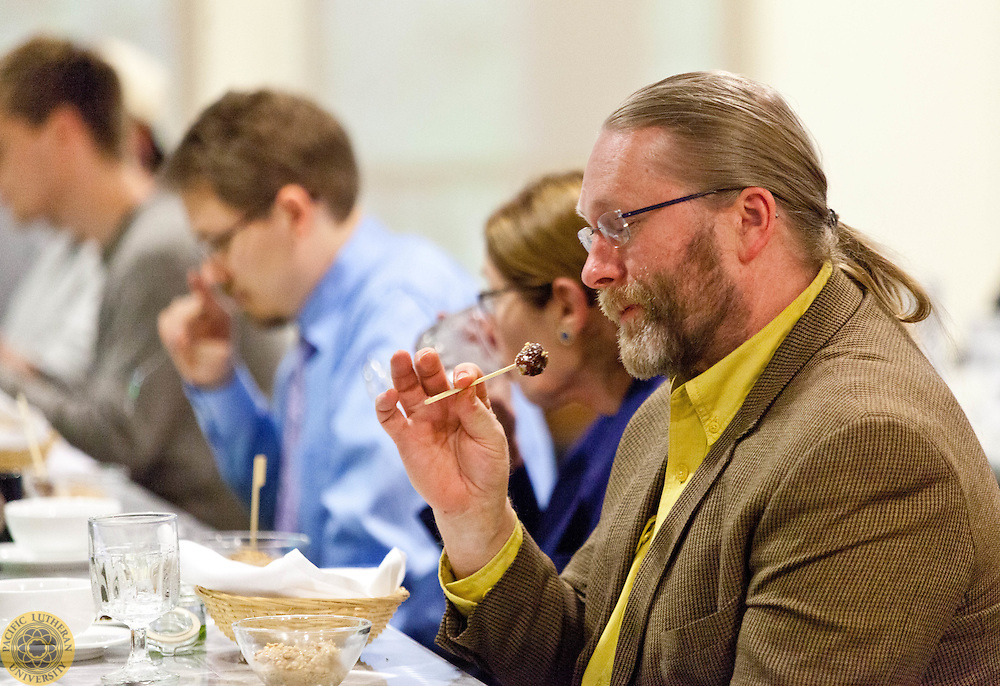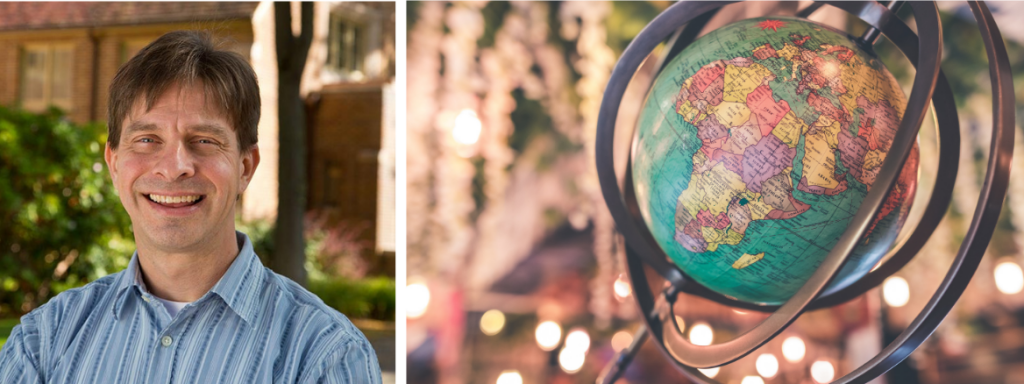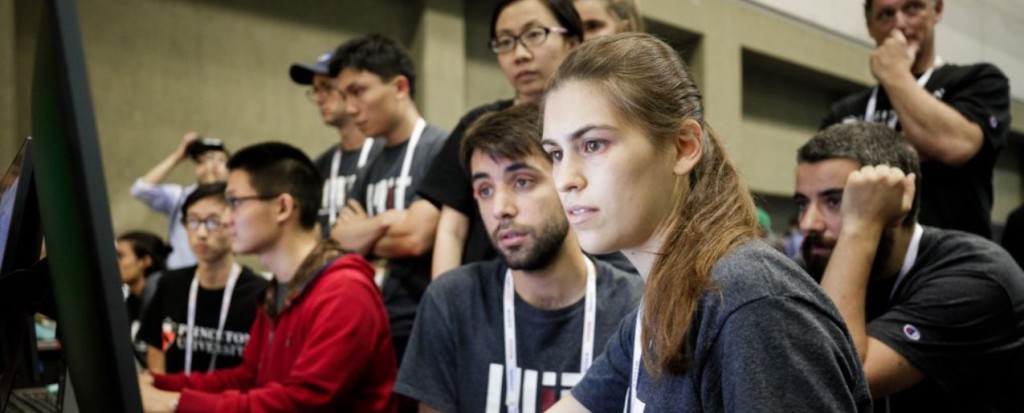Page 41 • (476 results in 0.034 seconds)
-

understanding ancient literature in regards to sexuality and autonomy and critiques the current systems we have in place of acknowledging sexuality and addressing issues of consent. We are incredibly proud of these and all our other Classics graduates. We regret that this effective, innovative, and valuable program will no longer be available as a major, but we are very happy to be retaining our Classics minor, and a related minor in Early Christian Studies through a partnership with the Religion Department
-

other crowdsourcing initiatives,” Dr. Wagge said. “He’s been an early adopter of many open science practices, a steadfast supporter of, and Ambassador for, the Center for Open Science, and an enthusiastic open science educator and mentor.” Dr. Chris Chartier, Director of the Psychological Science Accelerator (a broadscoped, crowdsourced project), has collaborated with Dr. Grahe and is also quick to recognize his contributions to the field. “Jon has been a champion of both replication efforts and
-

, Davis, will deliver a keynote titled “Humanizing Deportation: Research and Care in the Hérida Abierta,” that features the role of storytelling in healing. Elena Calderón, University of Arizona doctoral student and formerly undocumented person, presents “UndocuJoy in Practice: Healing through Joy, Storytelling and Therapy.” Sharon Suh, professor of theology and religious studies at Seattle University, explores trauma and healing from the perspectives of Buddhism and neuroscience, with attention to
-

classroom environments. Tip: Interested in teaching? Download PLU’s Education Guide! If you’re considering becoming a teacher, there is a lot to be said for getting your certification and your master’s degree at the very outset of your teaching career. Completing your master’s degree early on in your teaching career means you will spend more years earning a higher salary. On average, teachers with a master’s degree make $60,140 per year, a full $12,370 more per year than teachers whose highest degree
-

science major who spent his senior year interning at NASA. Ronquillo was prepping during J-Term, so he and Uehara had to practice virtually. “Technical interviews are very challenging,” Caley said. “They give you a programming prompt to solve this problem, and then you write the code to solve that problem. Adrian did a ton of coding early on to prepare and he got really good at them.” Caley was so impressed with Ronquillo’s work ethic that he decided to mirror the way he teaches his students to apply
-

off and on since the early 80’s, in a variety of settings. I’ve had some career detours from teaching, like, coaching a swim team, and owning a biker bar, and being a rural librarian, and a few other wacky things. I follow my curiosity. Through it all, I have been a prolific maker, I have documented my stories and adventures. My work can be found in over 90 public collections and art museums throughout the world, including the Victoria and Albert, the Library of Congress, The Getty Research
-

interest to academic communities is the announcement that Amazon will fund Alexa research projects in universities through an Alexa Fund Fellowship program that is in its early stages. The first selection of academic institutions includes Carnegie Mellon, Johns Hopkins, USC, and the University of Waterloo. While it is my expectation that the Alexa Fund team will look to support research at leading Computer Science programs (adding places like MIT, UC Berkeley, Cambridge, and the University of
-

skill for critical thinking, never loses value. School systems will always need high-quality, passionate teachers. Compassion, empathy, communication, and respect are life skills that are learned early on in homes and classrooms. As America’s classrooms become more and more diverse, there is a growing need for teachers who are willing to navigate the cultural and social complexity of the diverse classroom. You can develop the skills needed to positively impact the education system by getting a
-

to Facebook Marketplace Liudmyla Ostafiichuk graduated from the MSMA program before its renaming and has moved back to Seattle to continue her research career for Facebook: “[MSMA] program helped me gain a foundational knowledge of consumer behavior, analytical methods, and research techniques that are necessary for my everyday work. After graduation, I worked as a Consumer Insights Manager at T-Mobile’s Brand, Consumer, and Market Insights department where I led the early tenure Customer Health
-

ton of coding early on to prepare and he got really good at them.” Caley was so impressed with Ronquillo’s work ethic that he decided to mirror the way he teaches his students to apply for jobs with how Ronquillo prepared. “He did what he needed to do,” Caley said. “He knew he needed to apply for a lot of jobs. He knew he needed to do a bunch of leak code problems. He knew he needed to have a portfolio and a website. And he did all these things in his capstone.” Ronquillo also worked on updating
Do you have any feedback for us? If so, feel free to use our Feedback Form.


